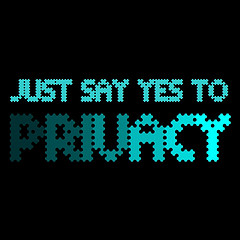Pretexting is a social engineering technique wherein a hacker uses false pretenses to engage with with his/her intended victim in order to get information from that target. Basically it’s a lie with a made-up story to go along with it. Pretexting is often used to gain trust, and when trust is gained by the pretexter, data and privacy are in danger.
A classic example of pretexting in the offline world is someone pretending to be a pizza delivery guy (or gal) to gain access to the front door of a house. Once the door is open, the would-be criminal can peek inside, look for valuables, guard dogs, and the layout of the home. Pretexting in the online world tends to be electronic, such as IMing with someone over a long period of time and gaining their trust on a social networking site by pretending to be someone they aren’t.
Pretexting can be found anywhere sensitive information or privacy issue are a concern: your home, your work, or even you local cable company.
It would be virtually impossible to steer clear of a master pretexter, but you can keep your eyes (and ears) open (figuratively speaking) for someone online or offline who seems relatively innocuous at first, but then gets a little too nosy. Just remember that loose lips sink ships and you should be fine.
If you're looking for great anti-virus software that won't break the bank, try StopSign. You don't pay extra for tech support for difficult malware, and our web protection software just works. Download & install StopSign to find out why our members choose us over the other options.









Recent Blog Comments